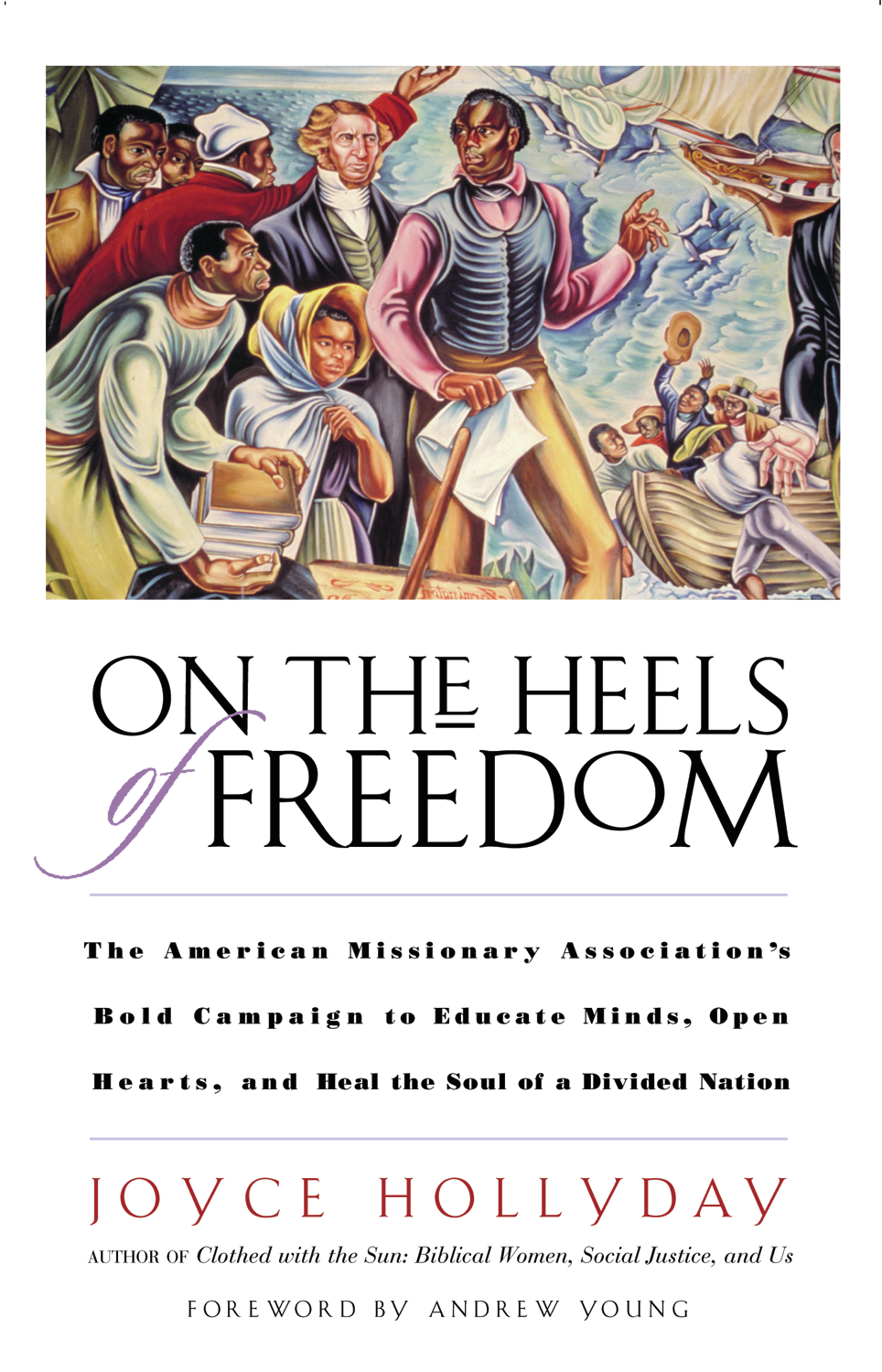- Title: On the Heels of Freedom
- Subtitle: The American Missionary Association's Bold Campaign to Educate Minds, Open Hearts, and Heal the Soul of a Divided Nation
- Page Count: 240
- Available Formats: Trade-paper (9780824523480)
- Edition: Trade Paper
- Original language: English
- Retail US: Trade-paper (19.95)
- Retail Canada: Trade-paper (21.95)
- Retail Canada: 21.95

